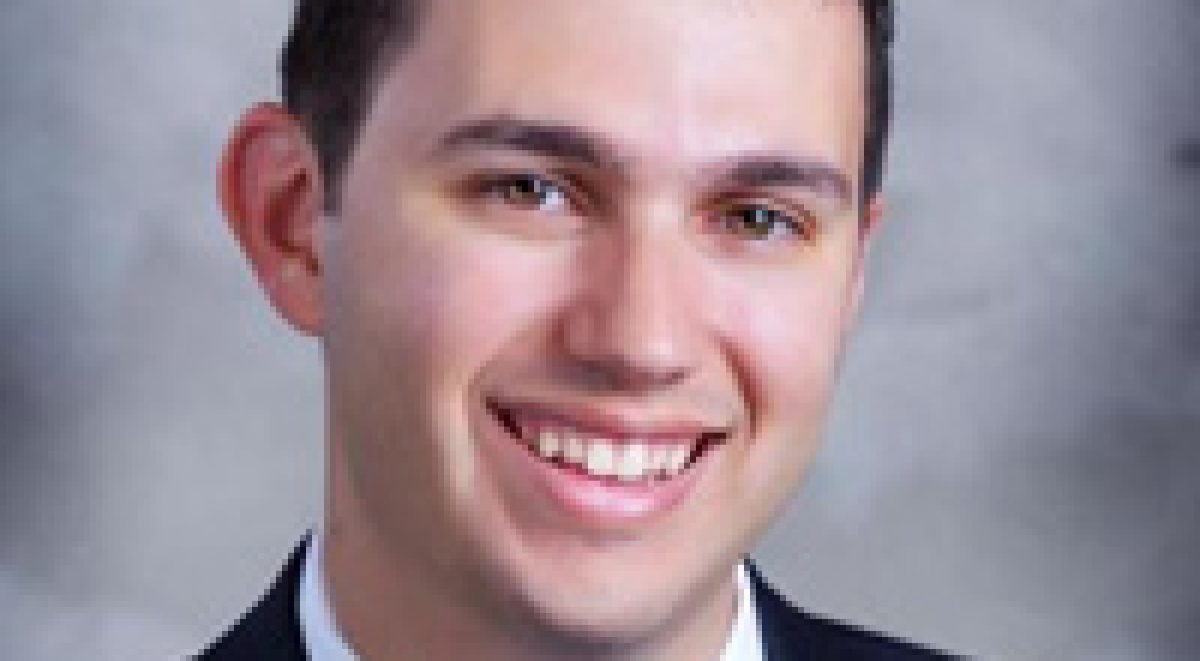
In a remarkable short story, “A Tale of Three Wishes” by Isaac Bashevis Singer, three children hear a tale that whoever makes a wish late at night on the last day of Sukkot, their wish will come true. One child, Shlomo decided that he wanted to be as wise and rich as King Solomon. Another, Moshe, decided that he would be as learned in religion as the famous Rabbi Moshe Maimonides. Finally, the last child, Esther, decided that she would wish to be as beautiful as Queen Esther from the Bible. They stayed up all night to make their wishes and finally the moment came, but it came too quickly. Distracted, Esther said, “I’m hungry. I wish I had a blintz.” Miraculously, she had a blintz. Shlomo, upset that Esther wasted a wish, said to her “I wish you were a blitz!” And she turned into a blitz. Moshe had only one option and used his wish to restore Esther. Upset that they had wasted their wishes, they began to cry. An old man found them like this, they told him what had happened, and Esther suggested to him that heaven was playing tricks on them. The old man responded, “Heaven does not play tricks. You were the ones who tried to play tricks on heaven. No one can become wise without experience, no one can become a scholar without studying. As for you, little girl, you are pretty already, but beauty of the body must be paired with beauty of the soul. No young child can possess the love and the devotion of a queen who was ready to sacrifice her life for her people. Because you three wished too much, you received nothing…Go home and try to deserve by effort what you wanted to get too easily.” The story ends with all three of them in adulthood becoming exactly what they wanted and more, with Moshe, now a rabbi, teaching, “For those who are willing to make an effort, great miracles and wonderful treasures are in store. For them the gates of heaven are always open.”
This story is so wonderful because it captures a great theme in Jewish prayer and faith. Prayer cannot make the world something that it is not. It cannot conjure up something out of nothing. It cannot miraculously change the laws of nature, or undo something already done. What prayer can do is to remind us to ask God to bring out the best in ourselves, in others, and in the world.
This belief is illustrated by the ancient sages in the Talmud who tell the story of Rabbi Ishmael ben Elisha. Ishmael said, “I once entered in the innermost part of the Sanctuary to offer incense and I saw the Eternal God of Hosts seated upon a high and exalted throne. God said to me, ‘Ishmael, my son, bless Me!’ I replied, ‘May it be Your will that Your mercy may suppress Your anger and Your mercy prevail over your other attributes, so that You may deal with Your children according to the attribute of mercy, and may, on their behalf, stop short of the limit of strict justice!’ And God nodded to me…”
May Ishmael’s prayer for God be a model of prayer for all of us. May we pray that God help us to be the best versions of ourselves.
L’shalom, to peace,
Rabbi Jason Holtz
